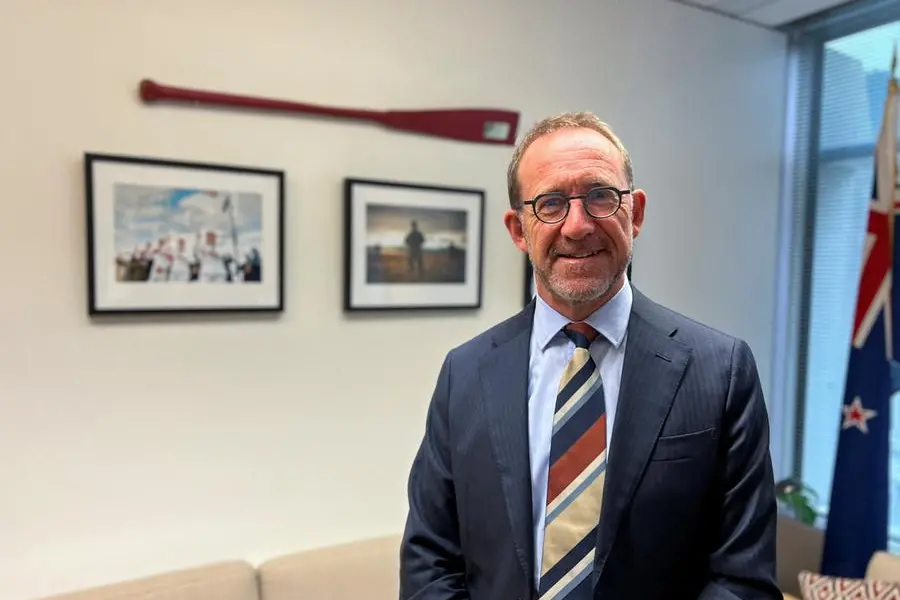PHOTO
New Zealand's military will require big investment as it faces new challenges and greater expectations from regional allies, the country’s new defence minister, Andrew Little, said Thursday.
“I think when you look at the geostrategic situation we have in the Pacific at the moment, I think the longer-term challenge is that our partners and neighbours will say to us: ‘we expect more’,” Little told Reuters in an interview.
“The frequency of climate change events or weather events will only grow…. And then there is working with partners to project a posture that is defensive,” he said.
Little confirmed that the White House's Indo-Pacific coordinator, Kurt Campbell, this month had raised with him the possibility of New Zealand's becoming a non-nuclear partner of AUKUS.
The United States is "certainly keen to have New Zealand engaged but it’s not a decision I get to take alone,” he said. “In the next few weeks as we start to shape up some of the long-term (defence) questions for us; AUKUS will be one of them.”
New Zealand’s involvement in AUKUS would signal a further warming in relations between New Zealand and the United States. The countries are not official allies.
Little said that whatever New Zealand decided in terms of engaging with AUKUS, it was important that the defence force was equipped to work with its Australian counterparts.
New Zealand, which spends roughly 1.5% its of GDP on its military, is undertaking a defence policy review as the country grapples with regional geopolitics and climate change. Little said he expects to receive the first results of the review in the coming weeks.
The Defence Force has been struggling with record attrition in part because of low pay, which has forced the navy to idle three of its ships and to retire its P-3 Orion fleet early.
Resources are so thin, Little said, that if a second significant event had occurred while the Defence Force was responding to the aftermath of Cyclone Gabrielle in February, it would have struggled to respond.
Little said stopping people from leaving and attracting ex-Defence Force members back with higher pay was key. He said he did not know yet know what money this year's budget would allocate for the military.
He said that although New Zealand had made some investments already, the government needed to consider more, especially for the country's navy. (Reporting by Lucy Craymer. Editing by Gerry Doyle)





















